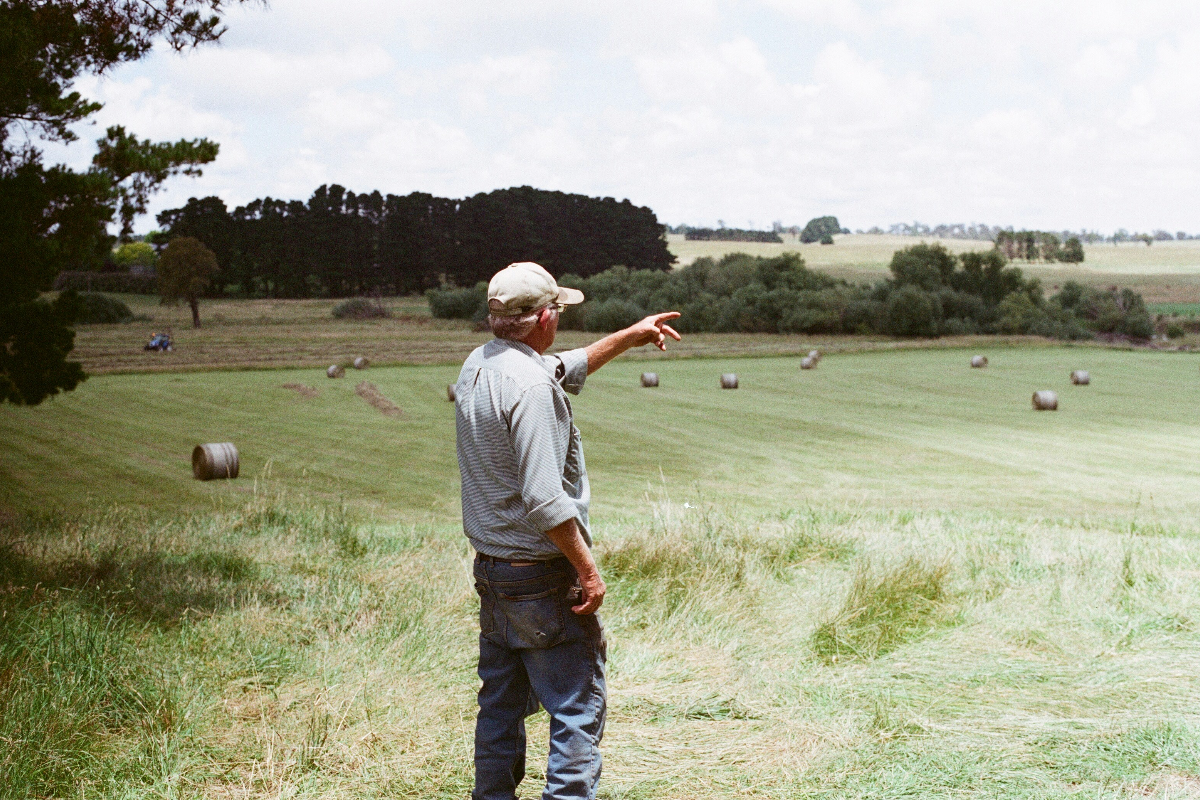Rabobank’s second Rural Confidence Survey survey for 2024 found more farmers have a negative outlook on the year ahead than positive, with South Australia reporting the lowest rural confidence levels in the country.
Net confidence among the state’s farmers plummeted from 19 per cent to -38 per cent in the second quarter, with just 8 per cent of expecting an improvement in the next 12 months, compared to 35 per cent in the last report.
The amount of SA farmers with a negative outlook on the next 12 months also jumped from 16 per cent to 46 per cent.
And drought was the leading cause of concern, with 47 per cent citing it.
Rising input costs were also listed as a key concern, along with falling commodity prices.
The Rabobank survey is held every quarter with results from an average of 1000 primary producers throughout Australia.
Rabobank regional manager Roger Matthews said the below average rainfall this year had combined with decreased fodder conservation last spring to compound concerns for South Australian farmers.
Rainfall across southern Australia has been recorded as “very much below average” this year by the Bureau of Meteorology, with the level of rainfall in May one of the lowest on record since 1900.
Rainfall has been below average this year to date. File image
There was 10.4 mms of rain recorded in May 2024, compared to an average total of 68.1 mms for May, based on data from 1839 to 2024.
“Grain growers always enter seeding with optimism, but following an extensive dry period and with no rain on the horizon at any point during the survey period or planting period, it weighed heavily on confidence levels,” Matthews said.
“When some rain finally fell, it was five weeks after the traditional start of winter crop seeding – ANZAC Day – so farmers were well on their way for an almost completely dry seeding.
“Not only were supplies of hay and silage reduced, but extended feeding of livestock through autumn has placed pressure on livestock producers.
“Usually by May we would expect to have feed available in paddocks, which hasn’t happened this year. And the most recent rain event coincided with a drop in temperatures which will curb pasture growth.”

Rabobank’s regional manager for South Australia Roger Matthews said the “appetite for farmland” has been reined in in recent years. Photo: supplied
Rabobank’s results follow the NAB Monthly Business Survey for May released this week, which showed South Australia has the the lowest business confidence in the country.
Between April and May, business confidence in the state dropped to -13 points, with business conditions dropping from 14 points to zero.
Primary Industries and Regional Development Minister Clare Scriven said it was “not surprising the current conditions are having an impact on confidence”.
“I’m very pleased that last week’s State Budget included $4.4 million for the Family Business Support service, which assists producers in their business decisions,” she said.
But the opposition said the results “paint a frightening picture for South Australia”.
“Peter Malinauskas had a chance in the recent budget to lower costs for South Australian small business, but instead he cut energy bill rebates worth $650 for small businesses and ignored calls from the Opposition and SA Business Chamber for crucial payroll tax reform,” Liberal treasury spokesman Matt Cowdrey said.
“South Australian small businesses have had to battle significant increases in the cost of doing business since Labor was elected in 2022, including high electricity prices, skyrocketing rents, and wage increases.”

